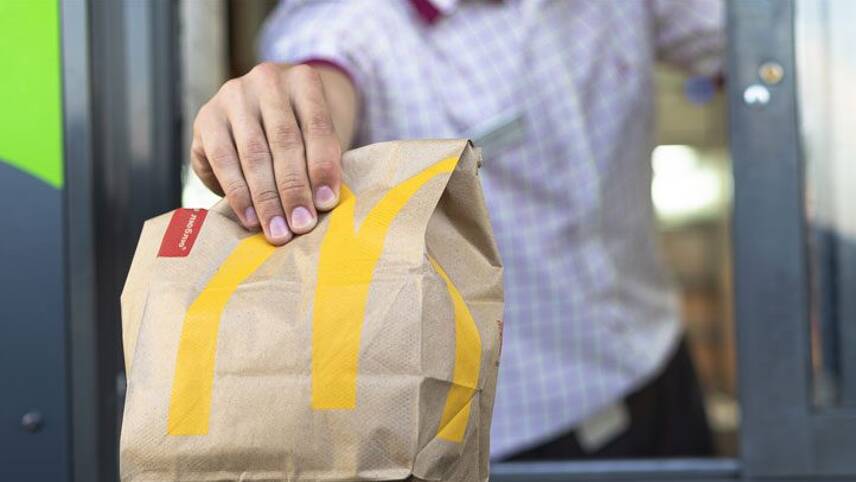Register for free and continue reading
Join our growing army of changemakers and get unlimited access to our premium content

McDonald's has long been the target of green campaigners
The company told Reuters today (4 October) that it will work with the Science-Based Targets initiative (SBTi) to update its existing climate goals, which are aligned with the Paris Agreement’s less ambitious 2C pathway.
A major report from the Intergovernmental Panel on Climate Change (IPCC) in 2018 revealed the likely differences between a 2C world and a 1.5C world, in depth, for the first time. This has prompted a shift in the conversation, to the point that 1.5C alignment is now the best-practice standard. Indeed, the SBTi is currently working to make 1.5C the minimum target-setting requirement.
The IPCC report recommended that global net emissions are halved by 2030 and brought to net-zero by 2050, as a minimum, to avert the worst impacts of the climate crisis.
Reuters is reporting that McDonald’s is set to develop targets to reduce emissions from its operations and supply chain by around one-third this decade, to support its long-term net-zero vision.
Under its previous climate targets, McDonald’s Corporation was targeting a 36% reduction in emissions from restaurants and offices by 2030, with 2015 as a baseline year. There were also aims to cut the emissions intensity of the business, per tonne of food and packaging produced, by 31% within the same timeframe.
UK & Ireland focus
McDonald’s UK & Ireland, meanwhile, has provided more in-depth information on how it plans to reach net-zero by 2040.
The firm has confirmed that a new restaurant, opening in Shropshire next month, will be delivered to a net-zero standard developed by the company. The standard covers embodied and operational carbon emissions. From 2022, McDonald’s UK & Ireland will apply the standard to all new-build locations.
A 2030 net-zero target has been set for the operational emissions of existing restaurants and offices. McDonald’s will likely need to explore retrofitting and carbon offsetting to meet this milestone; it has already switched to 100% renewable electricity.
As for the supply chain, there are new targets to ensure all soy for animal feed is deforestation-free by 2026; to develop a new sustainability scorecard for sourcing by 2023 and to expand regenerative agriculture efforts in the beef supply chain.
There are also plans to offer customers more plant-based options in the coming years, building on the recent launch of the ‘McPlant’ burger, manufactured by Beyond Meat. The business will establish a new Nutrition Innovation Council, tasked with researching and developing plant-based options as well as options that are lower in salt, sugar, fat and calories.
McDonald’s UK & Ireland’s chief executive Paul Pomroy said the business’s new ‘Plan for Change’, in which the net-zero pathway is laid out, is a “business priority” rather than a “sustainability strategy”.
He said: “McDonald’s has a long history of taking action where it really matters to the communities we serve. But we are at a moment now where we need to accelerate our ambition and work even harder to look after each other and the planet.”
Competitor KFC UK & Ireland recently announced a 2040 net-zero target. Unlike McDonald’s UK & Ireland, KFC UK & Ireland is a member of the Zero Carbon Forum, which was set up late last year to develop a pathway to net-zero for the UK’s hospitality sector. Other members include Burger King, Pizza Express and Nando’s.
Sarah George


I have recently read an article that claims that McDonald’s in France has replaced bottled Evian water on its menus with an offer of freshwater from a drinking fountain, costing 1.75 for a 25cl glass or 2.30 for 50cl. I don’t even know if it is good or bad. On one hand – it is a great strategy of saving nature from plastic bottles and avoiding another Plastic Bottle Island in the Ocean to be created, but on the other hand, will customers be happy to drink fountain water for 1.75. What do you think?